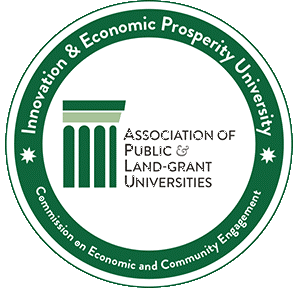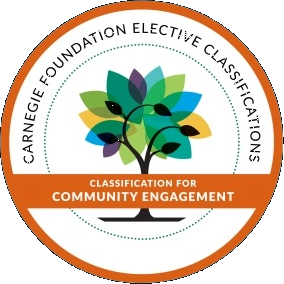Mastitis - An Integrated Extension and Education Program to Reduce Mastitis and Antimicrobial Use
The current situation in dairy production demands a focused effort to improve the quantity and quality of milk produced in the United States by learning how best to reduce mastitis without over-reliance on antimicrobials. Mastitis is a costly disease affecting dairy cows in the United States, and is the single biggest cause of antimicrobial use in the dairy industry. The Quality Milk Audit, a tool developed from dairy stakeholder input and feedback, was used to develop instructional programs that recognize the importance of integrating new online web and social media tools including YouTube videos to disseminate the findings and advice of the project team as broadly as possible. Additionally, the QMA-based program will serve as a model to improve milk quality and reduce antibiotic use on dairy farms. The overall goal of this project is to develop and evaluate an integrated extension program to help overcome human behavioral barriers to the implementation of practices that help control the incidence of mastitis on dairy farms. The long-term objective is to enhance global food security, dairy food quality, and food safety by reducing mastitis and antimicrobial use on U.S dairy farms. This project represents a focused regional approach as a first step toward expansion into a national program. Focus groups were conducted to gain in-depth understanding of the barriers that limit the adoption of mastitis control practices and prudent antimicrobial use. These discussions engaged owners/managers and farm employees, in both English and Spanish.
Partners:
- MSU Large Animal Clinical Sciences (Ronald Erskine)
- Julian Samora Research Institute (Rubén Martinez)
Funder(s):
- USDA- National Institute of Food and Agriculture (NIFA)
People:
Professor, Department of Sociology
Director Emeritus, Julian Samora Research Institute
Julian Samora Research Institute









